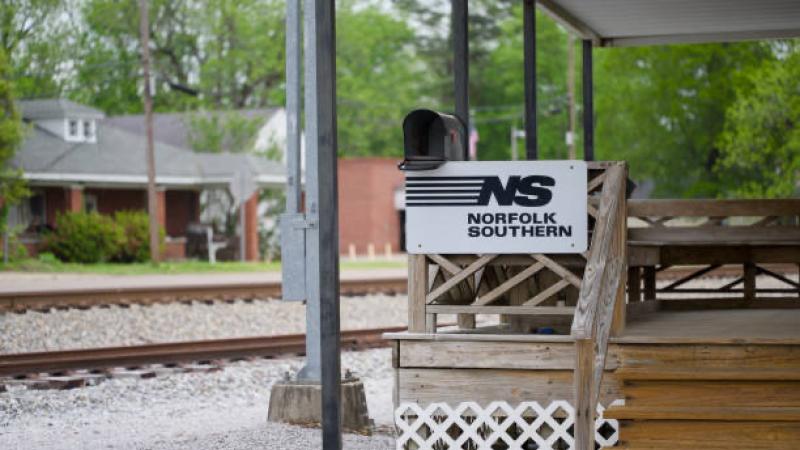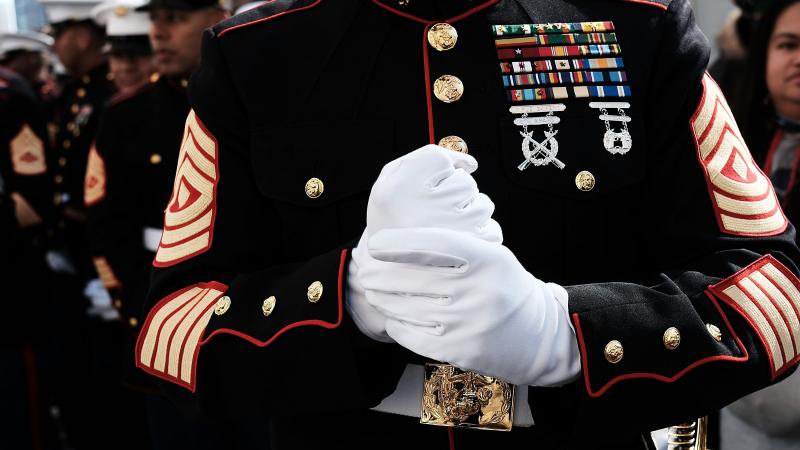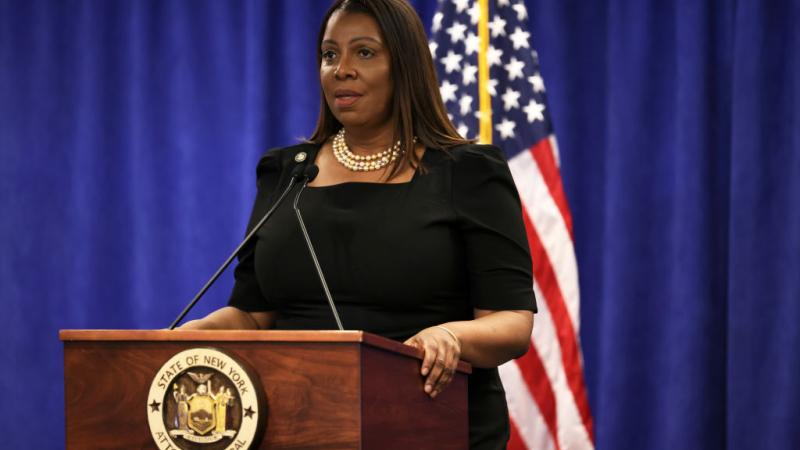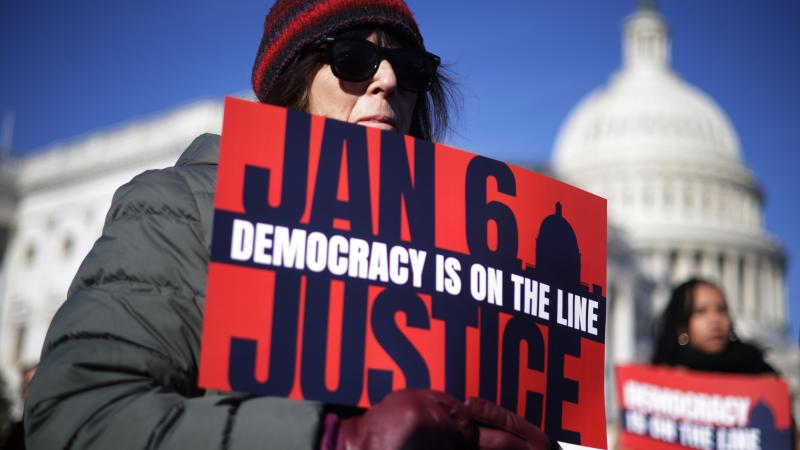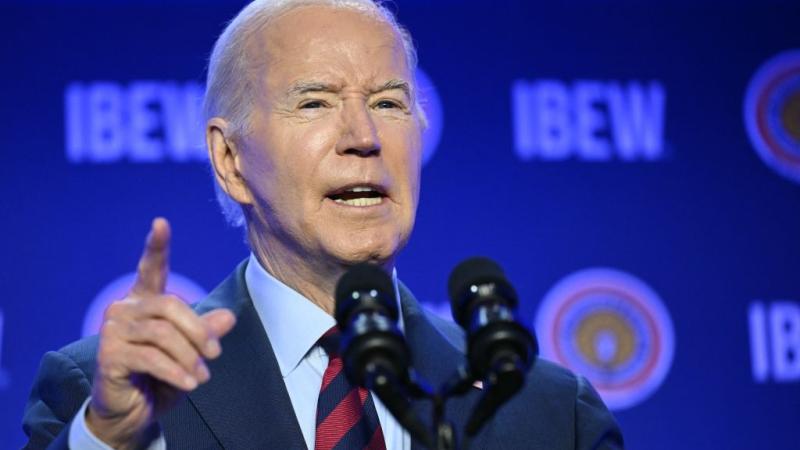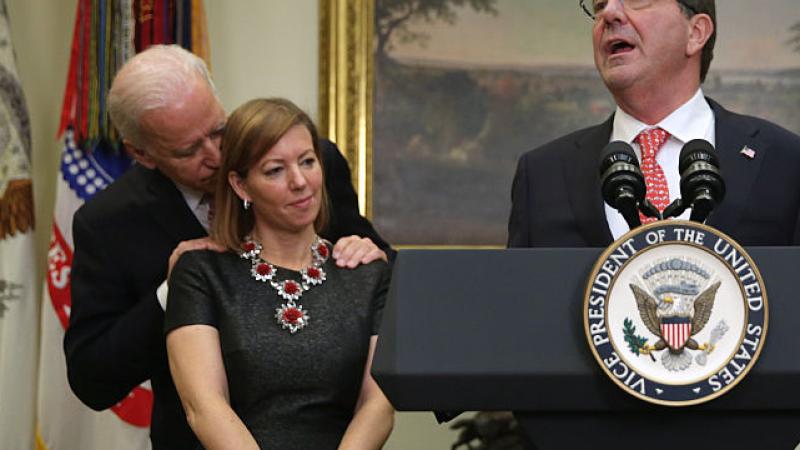On U.S. campuses, an increasingly uncompromising climate is costing professors their jobs
Instructors have faced termination for even mentioning racial issues in academic contexts.
Educators on American university campuses are increasingly facing an uncompromising climate, risking professional consequences -- up to and including termination -- simply for mentioning racial issues in purely academic contexts.
U.S. campuses have long been hotbeds of progressive political thought, increasingly so in recent decades as more and more left-wing ideologies have been pushed by students and accepted by administrators.
Yet racial issues in recent years have become perhaps the hottest third rail on campus, amplified by the last half-decade in which Black Lives Matter-style activism has become a political force in American life. More and more professors are seeing dire professional consequences simply for discussing racial issues in ways that some activists decide is unacceptable.
In one recent example, Georgetown Law Center fired adjunct Professor Sandra Sellers after video emerged of her discussing the grades of some of her black students with another colleague.
"I hate to say this," she said during the discussion, "I end up having this angst every semester that a lot of my lower ones are Blacks. Happens almost every semester. And it's like, 'Oh, come on.' You get some really good ones, but there are also usually some that are just plain at the bottom. It drives me crazy."
Major backlash followed Sellers’s remarks. In a scathing statement, the Georgetown University Law Center Black Law Students Association said that Sellers was guilty of uttering "racist statements" that "reveal[ed] not only Sellers’ beliefs about Black students in her classes, but also how her racist thoughts have translated to racist actions." The group called for Sellers’ "immediate termination."
Georgetown Law Center Dean Bill Treanor, meanwhile, said in a statement that Sellers had uttered "reprehensible statements concerning the evaluation of Black students" and that he had terminated her relationship with the law school. Treanor said he also placed Sellers’ colleague on the video call, David Batson, on administrative leave; Batson has since resigned from the school.
Neither the BLSA nor Treanor clarified in their statements how Sellers’ comments were "racist" or "reprehensible." Neither party responded to requests for comment seeking clarification.
Peter Bonilla, the vice president of programs at the higher education watchdog group Foundation for Individual Rights in Education, said it was concerning how rapidly Georgetown responded to the controversy.
"Everything played out so quickly," he said, "which probably precludes any meaningful investigation of what actually happened. There’s a real shoot-first-and-ask-questions-later sense to it. It just raises so many questions, and it’s not something that Georgetown law faculty should applaud."
"I think it’s something that should concern [the faculty] given how quickly the university can respond and how quickly they can jettison your basic rights," he continued. "I understand it was an uncomfortable topic. But it shouldn’t give Georgetown faculty much comfort. It should worry them how easily it can happen."
The saga demonstrates just how powerfully reactionary the climate of racial politics has become in U.S. higher education. The dismissal of two professors following remarks about student grades might have seemed unthinkable in the university environment even 15 years ago, particularly given the sway that teachers’ unions hold on personnel decisions as well as the dedication to free and open discourse that most universities once espoused.
Yet the shifting political priorities of universities is such that both students and administrators are very frequently able to accuse their peers and colleagues of racism without even being asked to provide meaningful evidence to that effect, often leading to swift consequences for remarks in which the racist belief is notably hard to discern, critics say.
In some cases the flashpoint of a controversy has led to litigation. In September 2019, for instance, Emory University was attempting to fire Emory Law School Professor Paul Zwier pursuant to a controversy in which Zwier mentioned the word "nigger" in several non-racist contexts during discussions with students.
In a "call to action" from several black student groups at Emory, activists had claimed that Zwier’s use of the slur had "undermine[d] the academic, social, and professional environment" of the school and had "disrupt[ed] not only our ability to learn, but also our ability to thrive as aspiring attorneys," though they offered no further clarification than that.
Following a suspension, Zwier was eventually reinstated but barred from teaching mandatory courses. In August of last year he launched a lawsuit against the university as well as the ex-dean that suspended him over the controversy. Zwier himself declined to comment, pointing Just the News to his attorney, who said: "We can’t make any comment at this time."
More recently, a professor at the University of Pittsburgh School of Law resigned in October after uttering the same slur "in the course of an academic class discussion on a particular case involving offensive language," according to an email addressing the incident from school administrators.
"We condemn the use of this word, and we believe that saying this word and words like it, even in an academic context, is deeply hurtful," administrators at the law school said.
Bonilla, from FIRE, said these types of firings are part of a "definite trend we have seen in the last few years."
"When it comes to racial slurs in an academic context when they’re relevant to the discussion at hand, these are things that FIRE has long-argued are clearly protected by a professor’s academic freedom even if they touch on uncomfortable issues," he said. "That’s just kind of the nature of academic teaching."
"The issues have become a lot more fraught, but that doesn’t change the basic underlying feature of the law, which is that academic freedom protects these things," he added. "Universities do faculties and students a real disservice when they step in to censor professors and in some cases terminate them for these kinds of academic exercises."
Not all such controversies involve references to slurs or to black students’ grades. At Virginia Commonwealth University in 2019, arts Professor Javier Tapia faced major sanctions after he was accused of racially profiling a visiting professor.
Tapia had called security on visiting Professor Caitlin Cherry after he saw her eating in a restricted room, believing incorrectly that she was not authorized to be there; an internal investigation eventually cleared Tapia of any wrongdoing, but the university sanctioned him anyway, including forbidding him from talking to his students.
Tapia sued the university, but the action was eventually dropped. Tapia did not respond to a request for comment on the controversy; Cherry, meanwhile, has since become an assistant professor at the university.
Similarly, a black student at Smith College in 2018 accused university workers of racism after she herself was questioned by school staff for eating in a closed dorm building. The student publicly named two university staffers she believed had racially targeted her; one of them, a 21-year employee of Smith, eventually left the university and the other was the victim of protracted harassment. A third individual connected with the controversy was placed on leave.
A New York Times report in February, meanwhile, revealed that a bombshell internal report at Smith could find no evidence that either had acted with any racial malice, and that the student had been eating in an unauthorized area.
The Facts Inside Our Reporter's Notebook
Links
- The Georgtown BLSA statement
- Georgetown Law School Dean Bill Treanor's statement
- The College Fix: Emory attempting to fire professor for referring to racial slur
- Emory black student groups' "Call to Action"
- The College Fix: Emory professor barred from teaching mandatory courses after referring to racial slur
- Zwier's lawsuit
- Report on Pitt law school dismissal
- The College Fix: Art professor sanctioned even after being cleared in internal investigation
- New York Times report on Smith College incident


